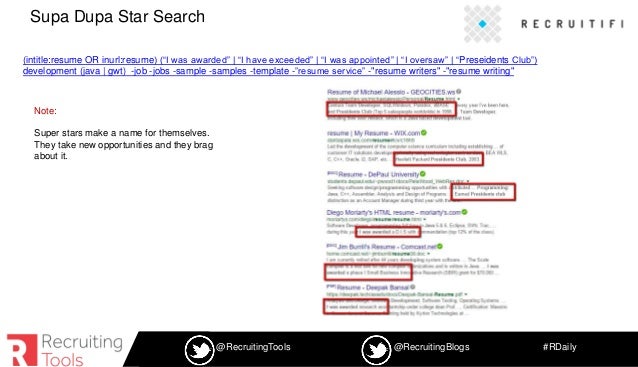

On the screenshot above, at the top, you can find a social media handle and a website that will bring relevant results per se. First of all, you can exclude irrelevant results by adding a group of negative keywords, which are terms you don’t want to be used in your results: Secondly, you can add some terms to be used with the brand name to ensure you find results that matter to your business. And there are two ways of treating those cases. This brand name can be spelled in a number of ways: But if you have access to Boolean search, you can create the following query: Gain control over acronyms or brands with common namesĪs in the previous case, you can apply the power of grouping words for searching brands with common or ambiguous names. Let’s say there’s a brand that’s called C.S.
#BOOLEAN SEARCH TOOLS CODE#
This is a time-saving tactic that lets you create a query using just a few lines of code instead of entering all possible brand name alternatives. Save time on inputting all brand name alternatives So below you can find the cases when a few lines of code can save you tons of time on cutting through the noise.
#BOOLEAN SEARCH TOOLS HOW TO#
Where and how to use Boolean?īoolean search is applicable in multiple scenarios, but I’d love to focus more on the cases where this mode is indispensable. Others, like Brandwatch, offer advanced operators, such as “NEAR/n”, “raw”, “country”, and more.

If you don’t want to get mentions about Prince William’s 37th birthday, (“Prince William” AND NOT birthday) will help you get relevant mentions: The list of Boolean operators and their logic varies on different tools: some of them, such as Google Alerts, has a pretty basic set (which is enough in most cases though) which includes “OR”, “-”, “site”, quotation marks, and an asterisk. For example “Catherine, Duchess of Cambridge” OR “Duchess Kate” will show mentions with any version of her name: AND NOTĪND NOT lets you exclude terms you don’t want to appear in your search results. This can be good for misspellings, typos, and alternatives of the same term. OR broadens the search to find results where any term is mentioned. This one narrows your search to find results of both keywords or groups of keywords within one post, so the query like “Prince William” AND “Duchess Kate” will show us results where both names are mentioned: OR Boolean terms explainedīefore creating your first query, you should get comfortable with major Boolean operators, such as “AND”, “OR”, “AND NOT” (which is sometimes used as “NOT” or just “-”). And secondly, mastering the basics of creating Boolean queries doesn’t require any technical background at all. But the good news is that first of all, not everyone needs Boolean: If you’re monitoring unique keywords, you’ll be alright with a regular search mode. Dealing with those Boolean queries may look intimidating at first if you aren’t familiar with programming. I have to mention that not all social listening tools provide Boolean capabilities, but some platforms such as Awario, SproutSocial, or Google Alerts do let you test it before starting your subscription. It lets you find precisely what you’re searching for, and exclude what you’re not. It’s used in social listening tools, search engines, and other apps. In a broad sense, a Boolean search is a type of search that combines terms with operators. That’s when Boolean search fits in perfectly.

If you have any experience with social media monitoring platforms, you know that getting precise results may be tricky at times: Apps can show a lot of noise for brands with common names or, quite the contrary, miss some valuable data behind due to the restrictive filters.


 0 kommentar(er)
0 kommentar(er)
